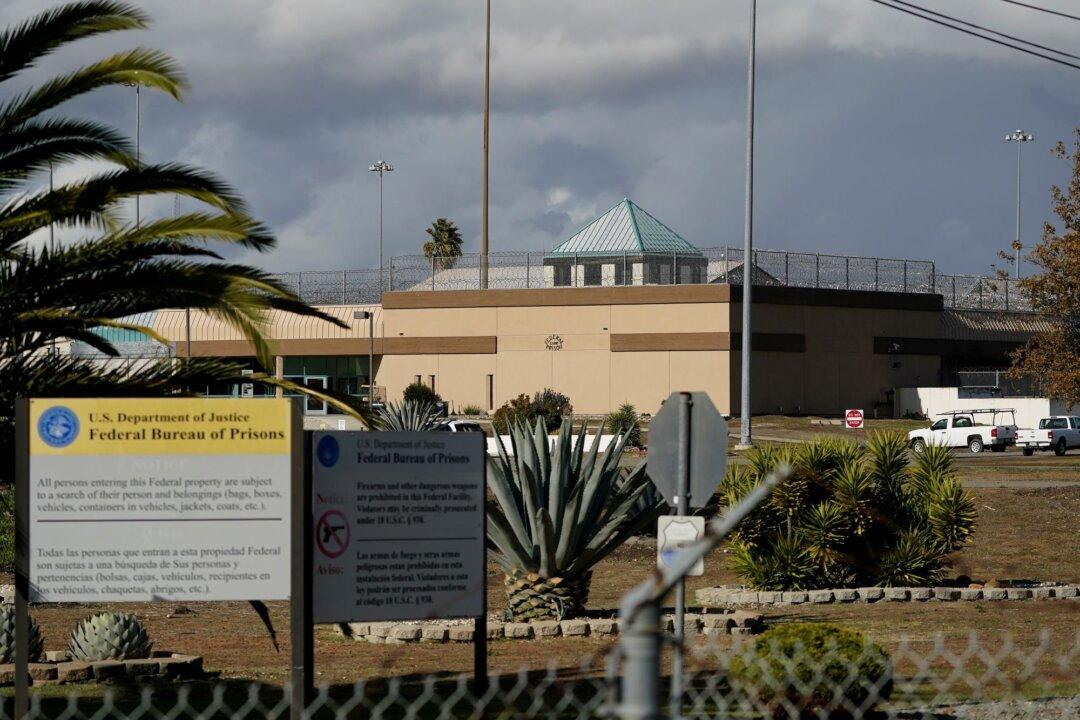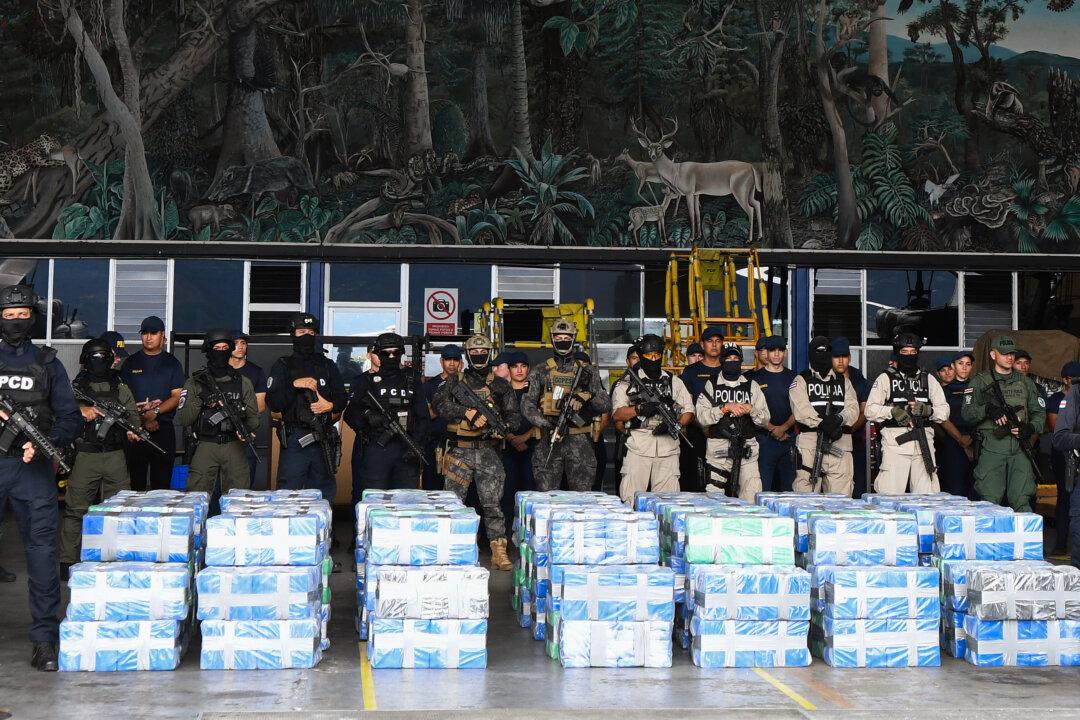Just weeks after a seventh prison employee was sentenced in a wide-ranging sex abuse scandal that has plagued a federal women’s correctional facility in the City of Dublin, about 35 miles southeast of San Francisco, officials announced April 15 they would close the prison.
“The Federal Bureau of Prisons ... has taken unprecedented steps and provided a tremendous amount of resources to address culture, recruitment and retention, aging infrastructure—and most critical—employee misconduct [at the facility],” Bureau of Prisons Director Collette S. Peters said in a statement.





